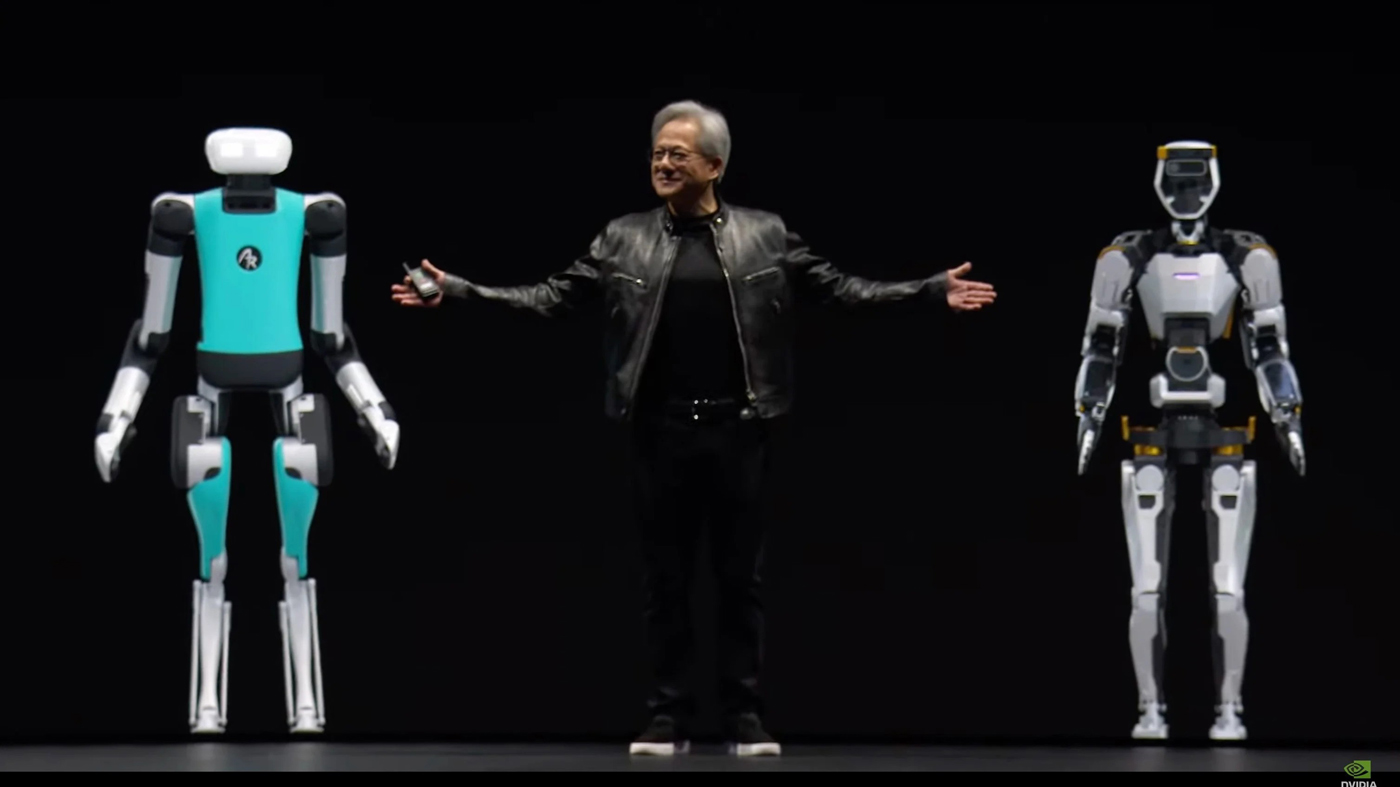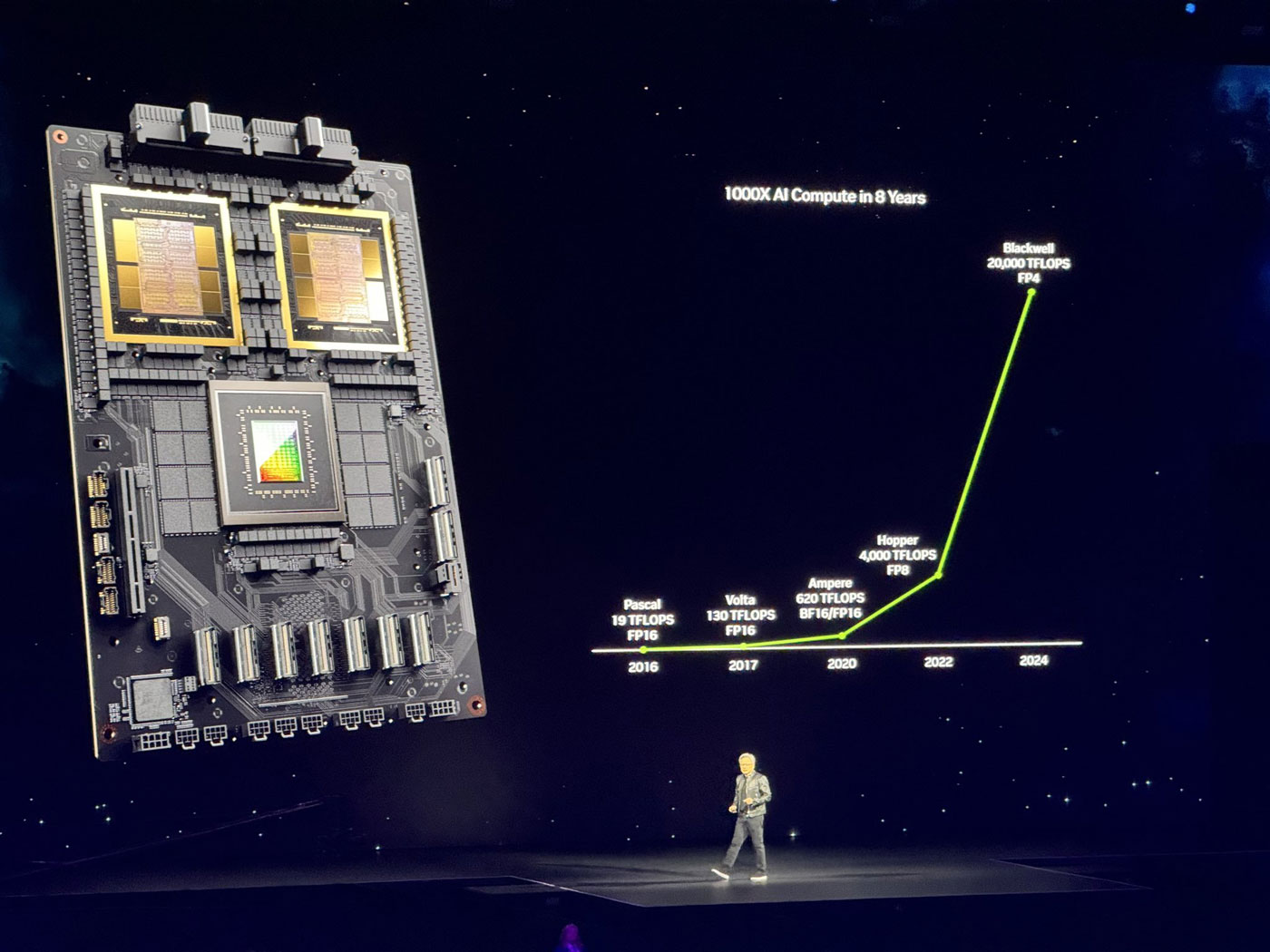Neuralink Makes History: First Human Implant Successful
Neuralink Makes History: First Human Implant Successful, Neuron Detection Encouraging
In a landmark moment for brain-computer interface (BCI) technology, Elon Musk’s Neuralink announced yesterday that the first human recipient of its brain implant is recovering well and showing promising initial results. This historic feat marks a significant step towards realizing the potential of BCI technology to treat neurological disorders, restore communication capabilities, and even enhance human cognition.
According to Musk’s tweet, the patient, whose identity remains undisclosed, underwent the implant surgery “yesterday” and is now “recovering well.” The tweet further elaborated that “initial results show promising neuron spike detection,” indicating that the implant is successfully capturing the electrical activity of the patient’s neurons. This ability to interpret neural activity is crucial for BCI applications, as it allows the brain and external devices to communicate seamlessly.
While specific details about the patient’s condition and the intended application of the implant remain confidential, this announcement sparks immense excitement within the scientific and medical communities. Neuralink’s technology, which utilizes hair-thin threads embedded in the brain, promises a minimally invasive approach to BCI compared to traditional electrode arrays. This could pave the way for safer and more widespread use of BCI in medical and assistive settings.
Potential applications of successful BCI technology are vast. Patients with paralysis could regain control over limbs or prosthetics, individuals with speech impairments could communicate directly through thought, and those suffering from neurological disorders like Parkinson’s or epilepsy could receive deep brain stimulation therapy with greater precision. Additionally, BCI advancements hold the potential to revolutionize fields like human-computer interaction, prosthetics development, and even cognitive enhancement.
However, alongside the undeniable progress, ethical considerations regarding BCI technology loom large. Issues surrounding data privacy, potential for misuse, and the impact on human identity and agency need careful consideration and thorough ethical frameworks.
Despite these challenges, the successful implantation and initial positive results mark a significant milestone in the field of BCI. Neuralink’s achievement inspires optimism for the future of this technology and its potential to revolutionize healthcare, communication, and our understanding of the human brain. As further data and insights from the initial human trials emerge, the world will watch with anticipation to see how this groundbreaking technology shapes the future of humanity.





